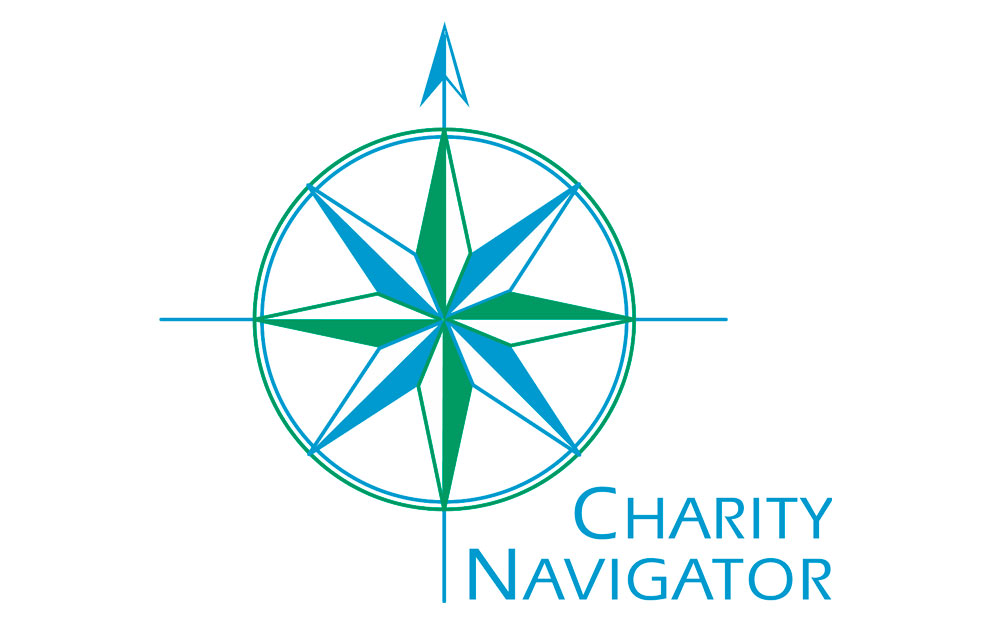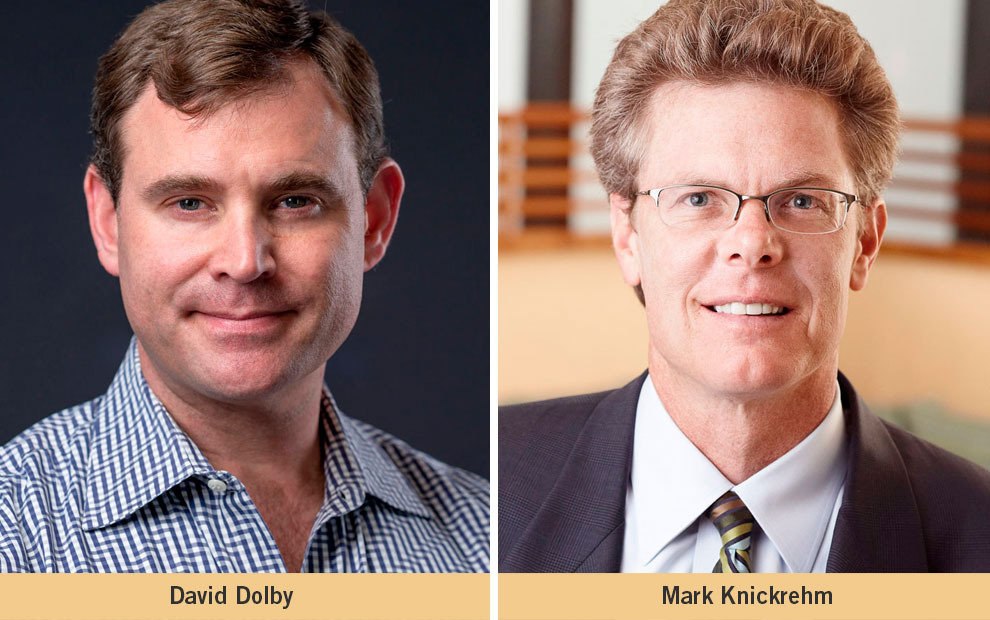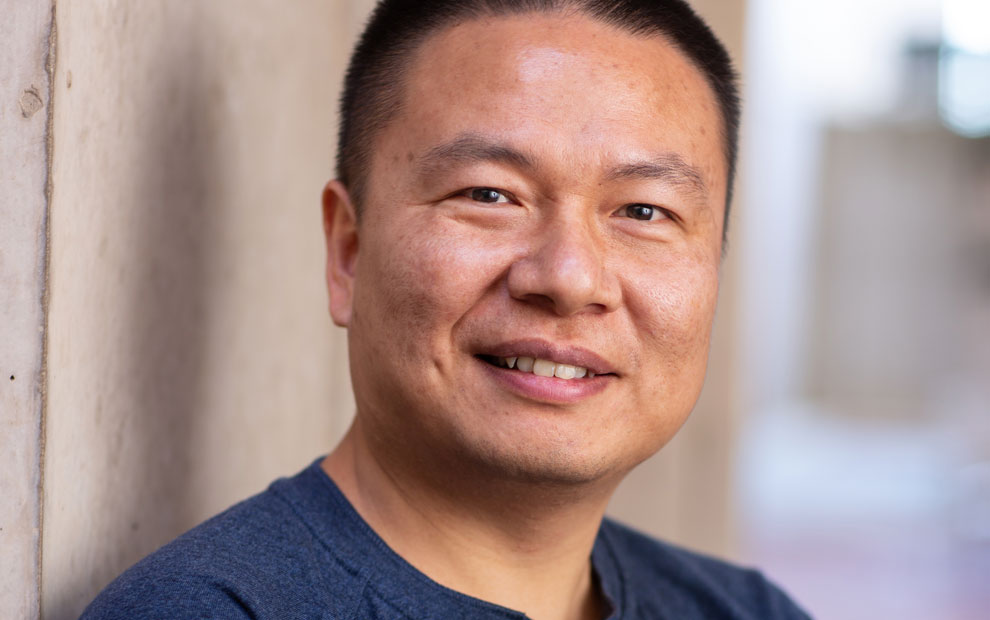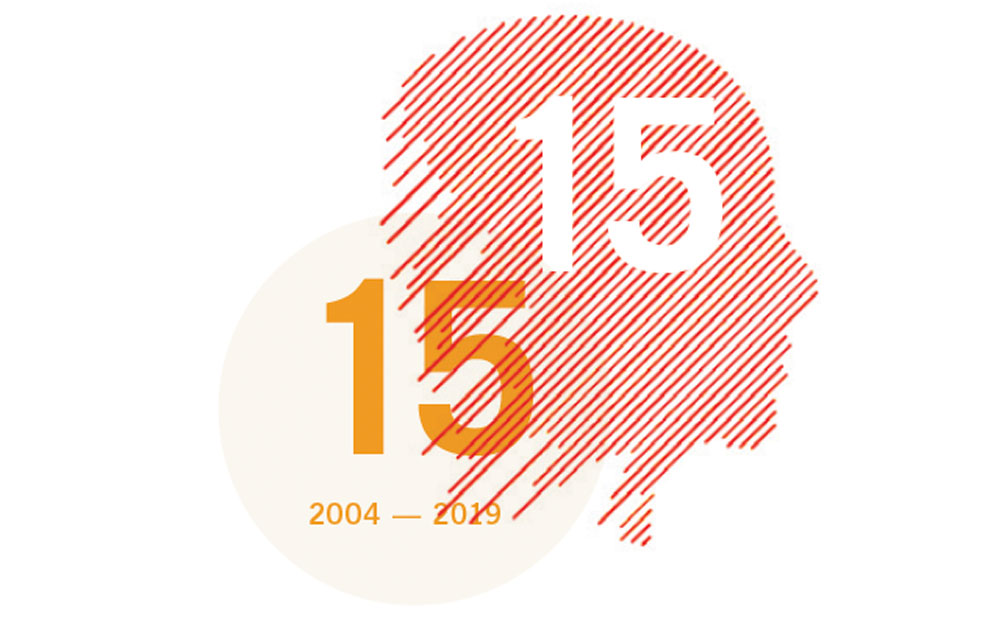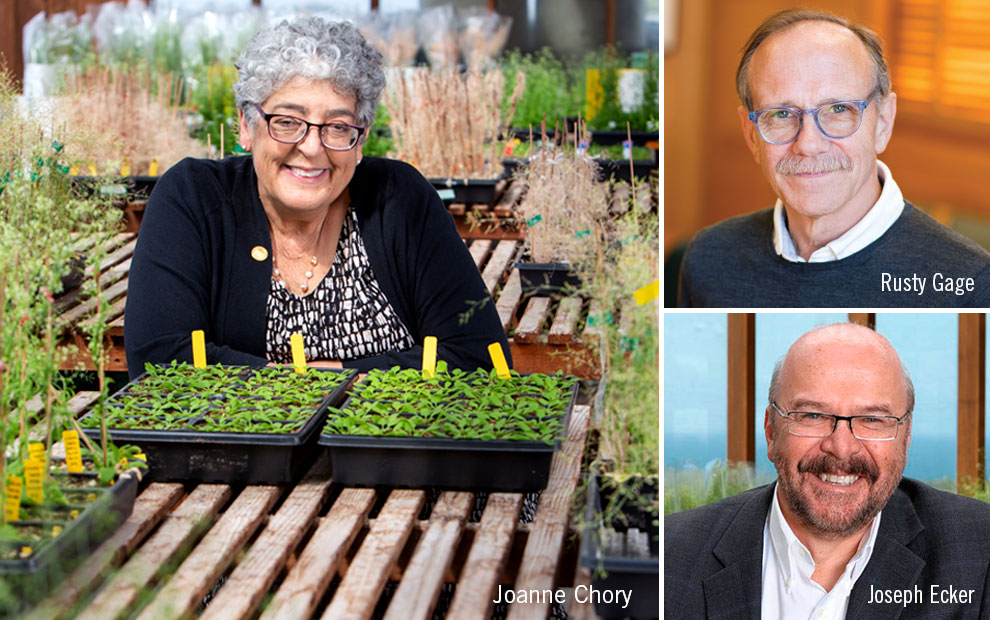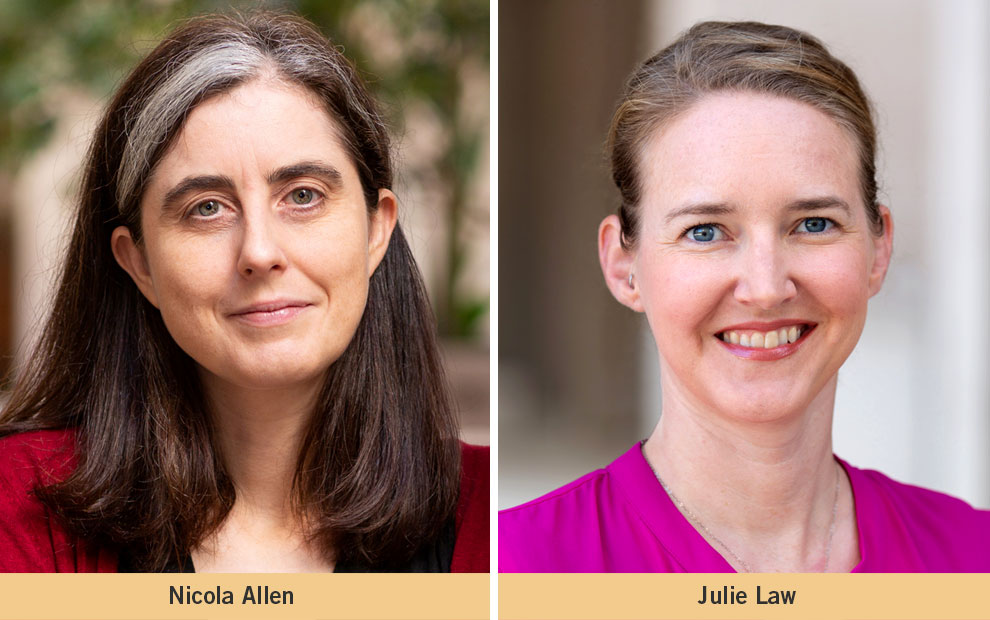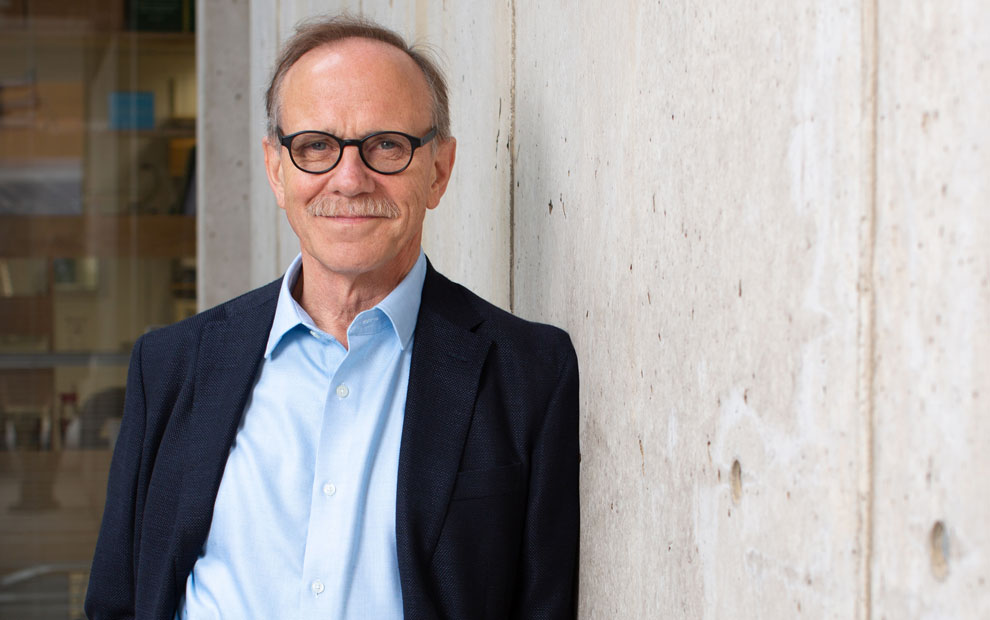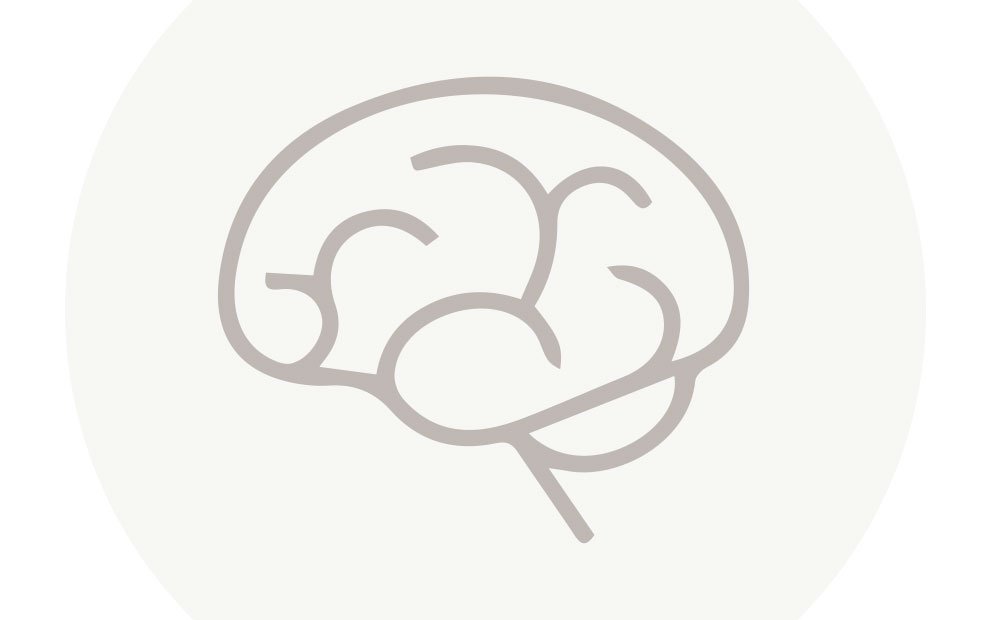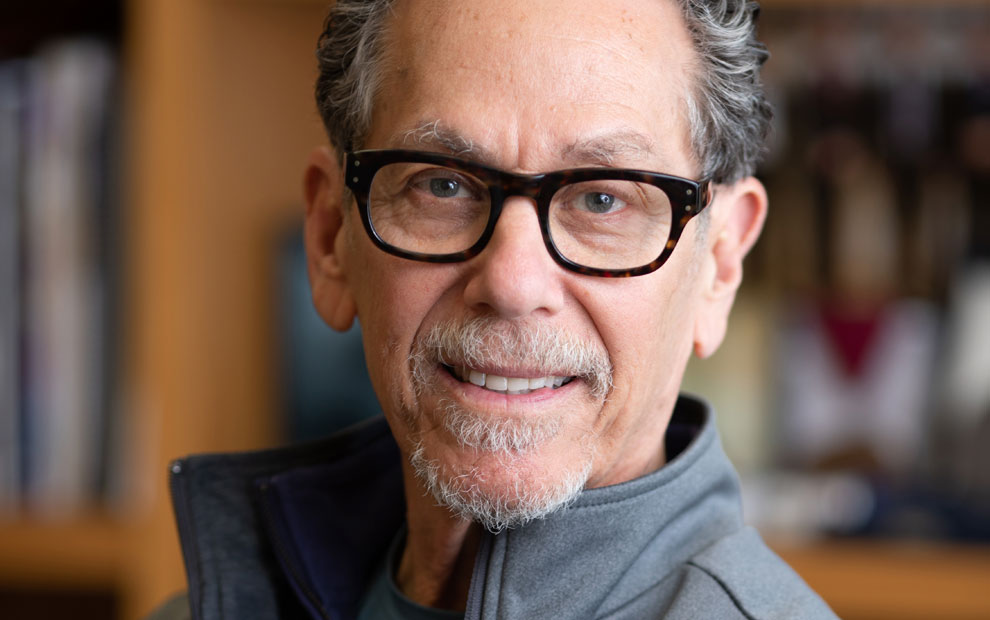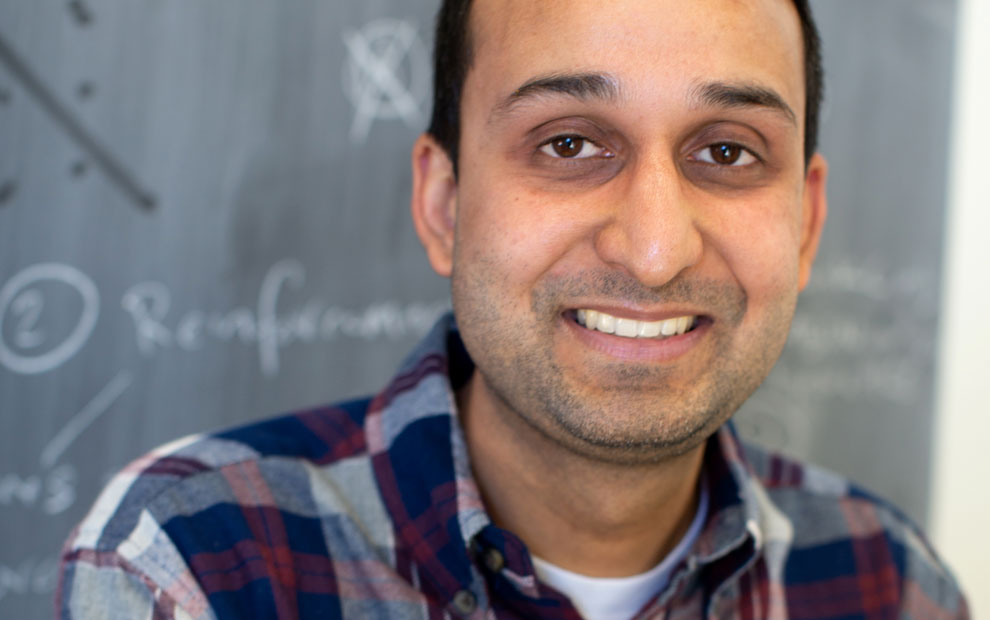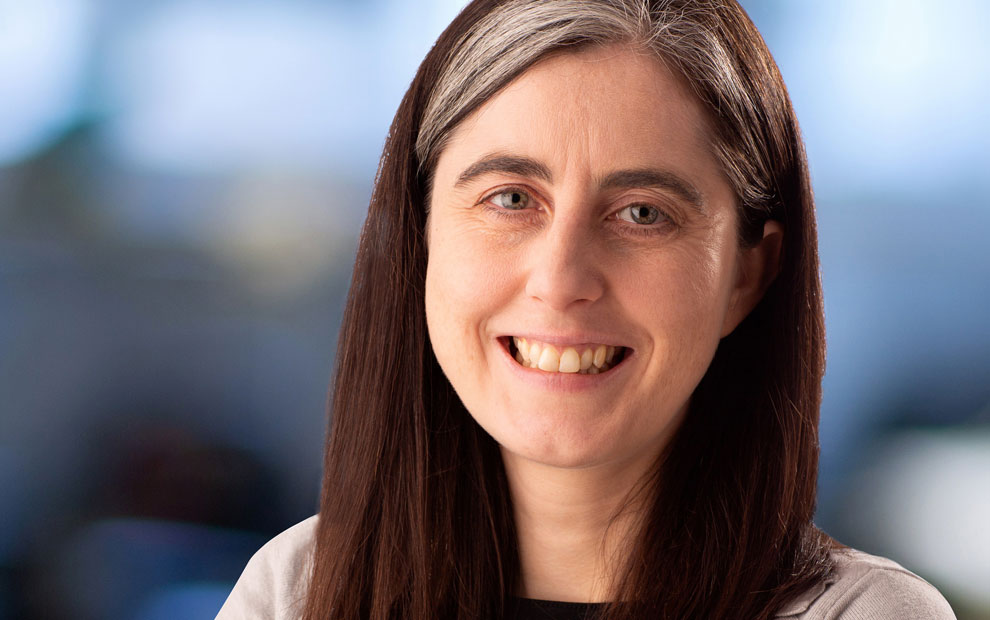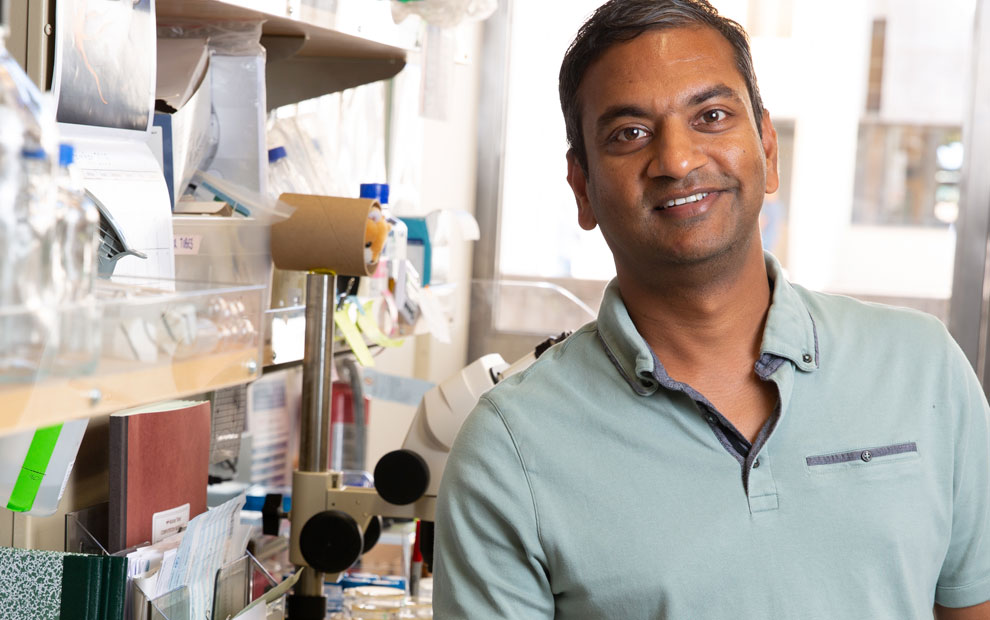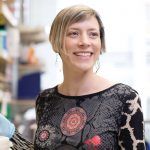Janelle Ayres awarded $1.8 million by NOMIS Foundation for novel research on mechanisms to promote health
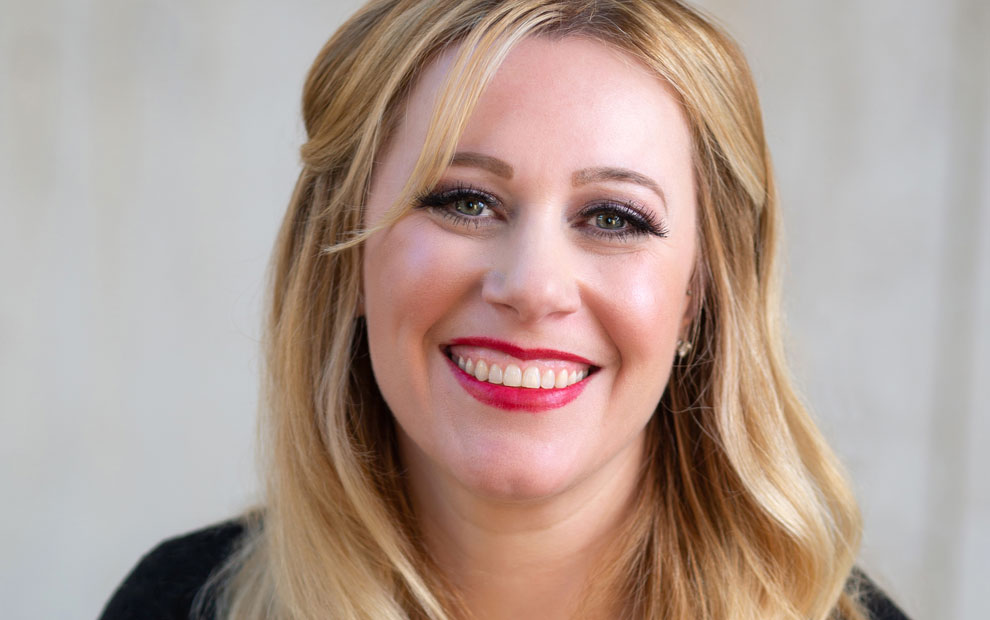
Associate Professor Janelle Ayres has been awarded $1.8 million over two years by the NOMIS Foundation to study health as an active process in which microbes–including the trillions of microorganisms that call the human body home–initiate interactions that promote the health of the host. Her project, “Harnessing Physiological Health to Treat Disease,” will integrate concepts from evolutionary biology, physiology, host-microbe interaction and ecology to establish a new conceptual framework and approach in which scientists can mechanistically understand what it means to be healthy and can thus understand how to apply this knowledge to treat diseases.






















































